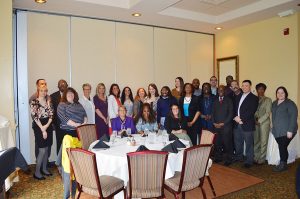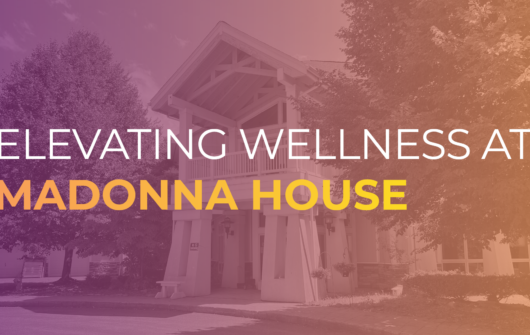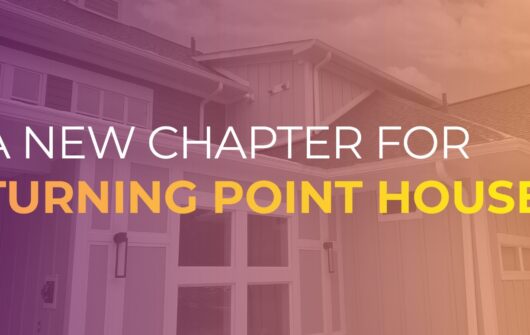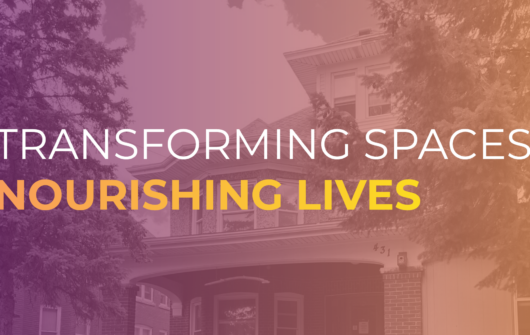Trauma-Informed Care Transformation
Posted on: April 26, 2017

Two years after Trauma-Informed Care (TIC) was introduced to Cazenovia Recovery Systems, its principles of safety, trust, collaboration, choice and empowerment are flourishing within the agency. The initiative was a partnership between Cazenovia Recovery and the Institute on Trauma And Trauma-Informed Care (ITTIC).

Alyssa Rockey, TIC coordinator
Alyssa Rockey, Trauma-Informed Care coordinator, leaves Cazenovia Recovery this month after completion of the project, which was funded by the Peter and Elizabeth C. Tower Foundation. Alyssa recently talked about strides made throughout our organization.
Emotional and physical safety awareness have improved, she pointed out. “People feel safer sharing their ideas, asking for help and are more comfortable taking initiative.” Door locks and security camera issues are quickly addressed.
Team-building activities have improved trust. “I am extremely impressed with the staff and our Trauma-Informed Care mentors as a tight-knit group that works together and trusts each other to help get tasks done,” Alyssa said. There is an open-door policy and residents know that they can go to their counselors at any time for whatever they need.
Residents’ preferences are brought forward as they make team decisions about different aspects of their recovery treatment.
“Cazenovia Recovery offers a lot of choices,” Alyssa continued. “Programs have revamped groups and residents choose where they want to participate. They are more interested and more invested. Staff also have choice in how to set up groups.”
She added: “Staff are creating individualized care for residents. We are more strength- and solution-focused.”
Trauma-Informed Care prompted “check-ins” at meetings, providing staff and residents opportunities to describe their mood or feelings. There is a strong effort to avoid saying “if, should, must,” words that can be triggers for individuals who have experienced trauma.

Our farewell luncheon with Cazenovia Recovery and ITTIC staff
The initiative has led to improved outcomes within our programs. Over the last two years, we have seen a 36% decrease in unplanned discharges, a 15% increase in feelings of cooperation at our programs, and a 4.5% increase in knowledge about TIC, to name a few.
Alyssa is deeply pleased with Cazenovia Recovery’s Trauma-Informed Care work. “Overall, there’s been a culture shift,” she said. “The Trauma-Informed Care principles are displayed in offices. Staff are more accessible to fellow staff and to residents. Everything is very positive and solution-focused. There is more understanding of why relapse happens and how to help. From the moment you are greeted at the door, this is a very welcoming place.”
Other Recent Posts
Your donation can save a life!
In the grip of the opioid epidemic, you can make a difference. Any amount helps.





